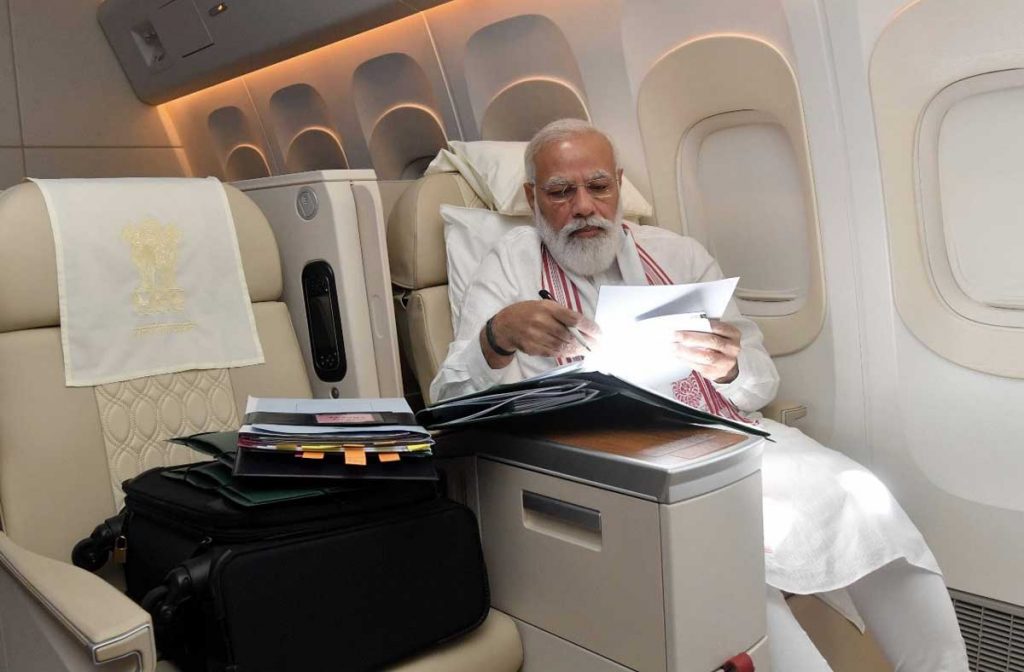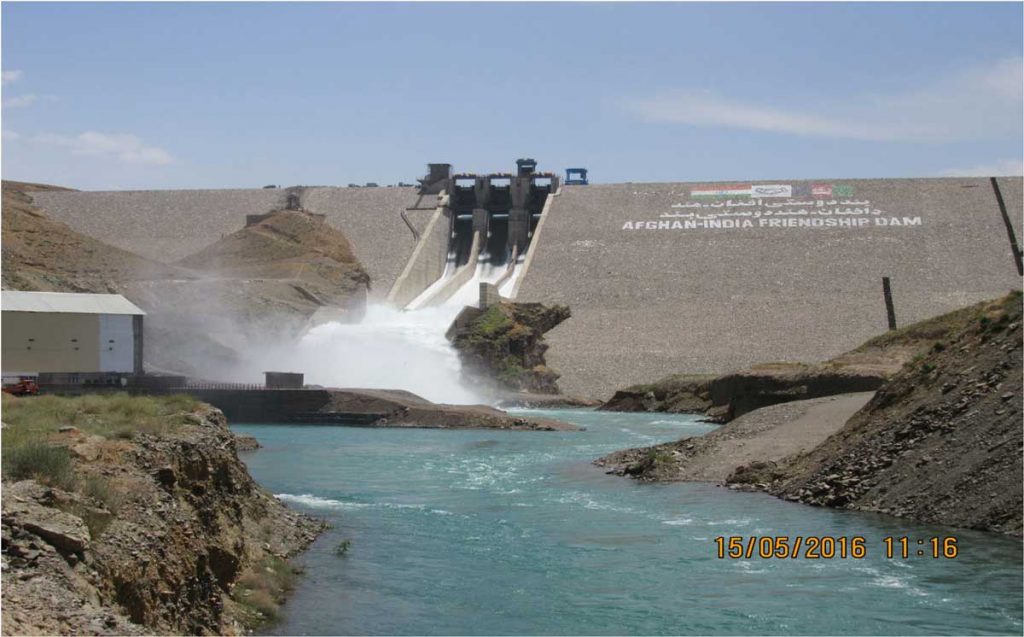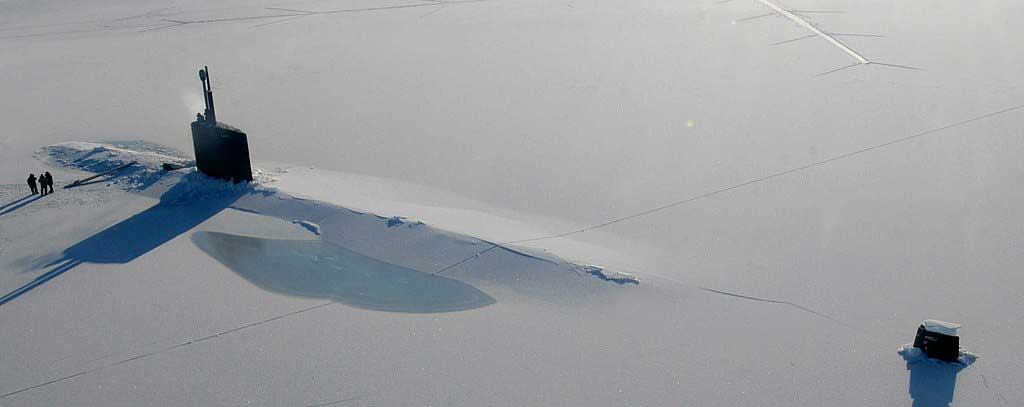Prime Minister Narendra Modi arrived in the US on September 22, on a crucial three-day trip. After a series of high-stakes bilateral and group meetings in Washington DC and the United Nations General Assembly in New York, the PM will return on September 25.
Let’s look at some of the issues the Prime Minister would be focusing on.

The Afghanistan Situation
A sudden fall of the Afghan government surprised the US and the rest of the world and pushed the military superpower to carry out an evacuation of unprecedented scale, airlifting around 1,30,000 Afghans who were at risk – over the course of just a few days.
The US even lost 13 service members in the last-minute terror attacks at the Kabul airport.
The unforeseen circumstances have left the interests of many nations, including India, hanging in the balance.
India has invested heavily in development projects in Afghanistan and sought a friend. Seen below, the Salma Dam (Afghan-India Friendship Dam) is just one example. Apart from Cement and Steel, almost all the equipment was taken from India to Afghanistan via Iran to build the 42 MW Hydroelectric Dam capable of irrigating 75,000 hectares of land.

The rise of the Taliban has put the India-Afghanistan friendship in jeopardy. Moreover, the Taliban has not taken any concrete action so far to prevent Afghanistan from being a breeding ground for terrorism, yet again.
Taliban’s press meets have failed to assure the international community, and their on-ground actions that are detrimental to the freedoms of the women are causing global concern.
India will want a responsible and inclusive government in the Afghanistan.
The ‘AUKUS’
The US and UK’s decision to transfer nuclear submarine technology to Australia prompted an immediate backlash from China, which saw the move as provocative, and as something that would lead to an arms race.

But also hurt was one of America’s oldest allies, France. The French, who had a multi-billion dollar contract with Australia to build them conventional submarines, have resented the ‘betrayal,’ as they saw it.
Indian Prime Minister Narendra Modi, who had refrained from talking about the AUKUS pact, had spoken to the French President Emmanuel Macron on the phone.
The PM tweeted that they had discussed the Indo-Pacific. Freedom of navigation in the Indo-Pacific is the main reason the US had cited while deciding to bestow the cutting-edge submarine technology on Australia.
The oldest allies France and the US, are expected to make some peace in the US after the public spat.
India, a QUAD member, along with the US, Australia, and Japan, will discuss further cooperation in ‘science and technology while reviewing the India-US global strategic partnership. The QUAD leaders had previously met virtually on March 12 this year.
Mr. Modi had met President Biden in 2013 when the latter was the Vice-President of the United States.
United Nations General Assembly
India has approved five vaccines for emergency use and assisted around 95 nations. PM Modi will address the current COVID-19 situation in the world.
The situation in Afghanistan, and the dangers posed by terrorism, cross-border or across the world, could be stressed by the Prime Minister.
PM Modi is also expected to speak on climate change and sustainable development.
The reforms in the United Nations have long been sought by India and other nations. Only five nations have the veto power in the security council. The issue could be addressed by India and other nations such as Germany and Brazil.